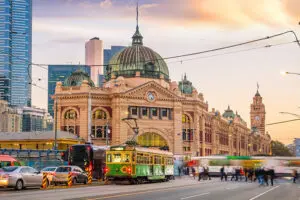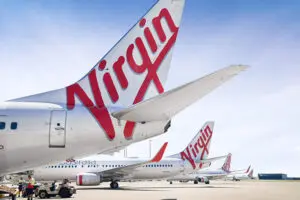The World Travel and Tourism Council (WTTC) said it expects global business travel to reach a record US$1.5 trillion (AU$2.27 trillion) in 2024, after lagging behind the recovery of leisure travel in 2023.
The forecast record would put business travel spend 6.2 per cent above 2019 levels.
The USA, China and Germany are the source of the biggest business travel spenders.
“After a challenging few years, business travel is not only back on track, but it is recovering much faster than expected, highlighting the importance of international travel for businesses around the world,” said WTTC president and CEO, Julia Simpson, at the WTTC’s Global Summit held in Perth last month.
“Many business powerhouses such as the U.S., China and Germany are expected to reach record numbers this year. While virtual meetings played a crucial role during the pandemic, keeping people and businesses connected, today’s report shows that business is better face to face,” she said.
The combination of business and leisure travel – often called bleisure – has played a role in the resurgence of business travel, as have business events.
Meanwhile a report from World Travel Market also flags the growth of business travel and bleisure as a key area for travel growth.
In a travel industry survey for the WTM Global Travel Report, more than half of those polled said bleisure was a growth opportunity – making it the top opportunity identified.
The WTM report says business events are the most significant reason for business travel.
Tourism Economics, who undertook the travel industry survey for the report, says business travel grew by 19 per cent in 2024, considerably more than leisure travel, which grew by 11 per cent. In 2025, business travel is expected to grow by 17 per cent.
Business travellers are also staying longer on their trips, with the number of nights spent away by business travellers now three per cent higher than pre-pandemic, even though the number of business travellers remains six per cent below pre-pandemic levels.
Bleisure travel is thought to be partly responsible for these extended trips.




















